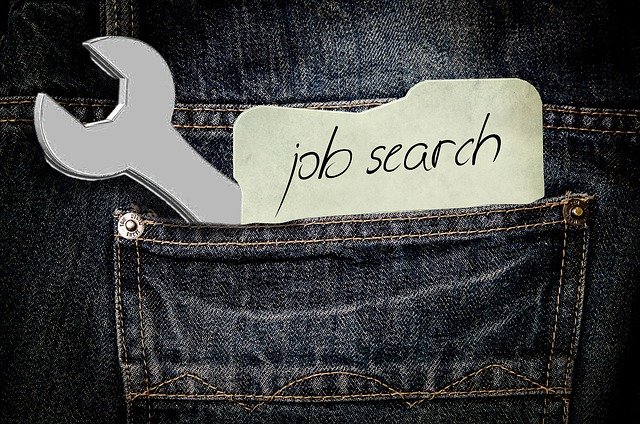 Poverty
Poverty 
At the beginning of August, we published some figures on out-of-work benefits. Lucy Williams outlines the key findings and some reactions we’ve had from the public.
Earlier this month, as part of our bi-monthly briefing for supporters, we crunched some numbers on ‘out-of-work benefits’. These cover a range of welfare benefits for those of working age including Job Seekers Allowance, Universal Credit, Employment and Support Allowance and other incapacity benefits, and Income Support.
What we found surprised us, on three counts.
The big decline
First, there has been a striking decrease in the percentage of people in Wales claiming out-of-work benefits. In November 2012 one in seven people of working age in Wales was receiving at least one out-of-work benefit – this had fallen to one in nine by November 2016 – a 22% drop in the number of people claiming.
The gender change
Second, and even more surprising was the shift in who claims these benefits. Historically, more men have claimed out-of-work benefits in Wales than women. In 2012, one in six men claimed an out of work benefit compared to one in eight women. However, in 2016 this changed with 10,300 more women claiming than men – that’s one in eight women to one in nine men.
There are many possible explanations, including a larger drop in men claiming Job Seekers Allowance, such as men are now finding it easier to find work than women, or more women are sick then men, or a mixture of those and more. What’s important is that there is a clear change underway, we don’t know why and it’s not clear how public policy should respond.
The public’s reaction
The third big surprise has been the public’s reaction. Since the media coverage about our findings, we have had a number of emails from individuals telling us their stories and experiences around claiming, or attempting to claim, out-of-work benefits. Their experiences are real, unsolicited insights into the realities of claiming Job Seekers Allowance, sanctions and the behaviours of Job Centre staff. And every one of those emails has described the barriers, lack of support and arbitrary decisions in the system, and the damaging impact on the claimants’ wellbeing.
We are aware that what we’ve heard is only one side of the story, but we have never had unsolicited and heartfelt responses like this before. These are of course not representative, but they do indicate the depth of distress and despair being experienced by some people who are doing no more than seeking help when they need it. And even worse, it seems that there is nobody speaking up for them either.
Almost anyone might need to claim a benefit at some stage in their life. They are entitled to be treated with fairness and respect when they do so. That some people have had to resort to emailing a very small think tank because they have nowhere else to turn is sobering indeed.
To help us to speak up about the issues like this, please support us by giving £5 a month here.


